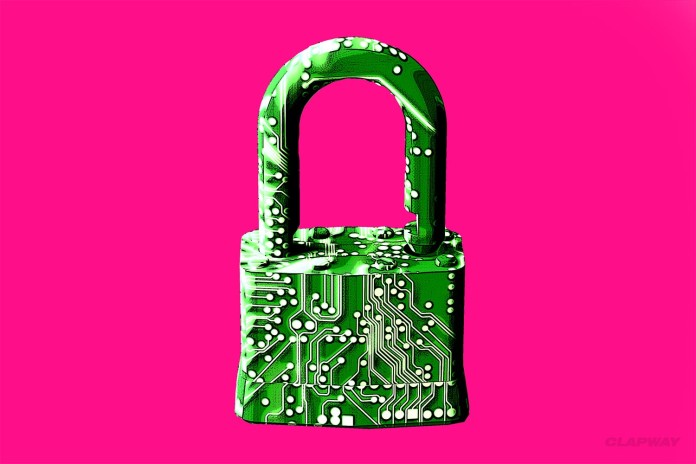
No matter whether you’re a student, an employer, a freelance worker or simply someone who enjoys surfing the web at home, you cannot ignore data privacy. Once upon a time, thieves needed to commit a physical crime in order to steal your valuables but now they can do so at arm’s length via the internet.
Data Theft: What Are the Risks?
You may think that there’s little or nothing of value on your computer. However, if you ever shop online, check your bank balance, pay a utility bill or participate in online gaming, you are just as much at risk from cybersecurity threats as any multi-million-pound business.
A recent analysis undertaken for the credit reference agency, Experian, highlights biometric hacking, skimming, cloud breaches, infiltration of gaming networks and identity theft as the biggest risks for 2019. How, then, can you guard against becoming a victim of a determined cybercriminal?
Virtual Private Networks
Virtual Private Networks, or VPNs, are an invaluable resource for anyone accessing the internet via unsecured public connections. Although public wifi connections have their uses, they also carry inherent risks. After all, clicking on any web link makes your data visible to any other internet user who cares to look.
In effect, VPNs act as camouflage. Not only do they encrypt your data, making it much harder for anyone to work out what it really says, but they also disguise both where it comes from and your intended destination. They do this by acting as a third party that connects to the internet for you.
The technologies of the various VPN providers differ, as do national legal and policy frameworks, meaning that you may need to undertake a little research to find the best solution for you. That said, this does not necessarily mean paying for the service as there are plenty of reliable free VPNs.
Removal of Spyware and Other Threats
It’s all too easy to download malware of all kinds without realising you’ve done so. Some people fall victim after clicking on a link in an email while others might download an app containing rather more than is advertised. However it gets there, once it’s on your device, spyware will steal your data and monitor your keystrokes with the aim of discovering your passwords or other sensitive information.
Unfortunately, no matter how careful you are, hackers and fraudsters are almost always one step ahead with new ideas for getting spyware onto your devices. This is where spyware removal tools come into play. The best anti-malware software lets you decide whether to scan your entire system or just pick sections, including:
- ZIP files;
- websites; and
- downloads
Regular, targeted scanning allows you to detect malware, spyware, adware, trojans, rootkits, worms, key-loggers and whatever else an ingenious hacker might have come up with.
Password Managers
The days of using the same password across multiple platforms are long gone if they ever truly existed at all. So, too, are the days of recording various passwords in the notes’ section of your smartphone. Both approaches are too risky to countenance.
Password managers are the sensible alternative, creating, storing and auto-filling passwords for you. Moreover, the passwords that they generate are “strong” ones, which avoid any hint of your daughter’s birthday, your first pet’s name or simple numerical sequences.
A number of providers compete for business. Some have been through their own security scares, having become the victims of hackers themselves. Luckily, these experiences have informed current market offerings and end-to-end encryption is a common feature, meaning that even the password provider itself cannot see your passwords.
Privacy-Centred Web Browsers
Most web browsers automatically store and collect all of your browsing data. Privacy-centred browsers do not do this, and they may also block trackers and automatically upgrade to HTTPS to ensure your communications are secure and encrypted.
In addition to installing a privacy-centered browser, you may also want to manage your browser’s privacy settings. This might include turning off third-party cookies.
An Encrypted Domain Name System
A domain name system, or DNS, is responsible for turning domain names into IP addresses. This is essential to enable a router to get you to your intended internet destination.
Most internet users stick with the DNS provided by their Internet Service Provider, or ISP. They may not think twice about doing this but, given the tendency of ISPs to track online visits and sell pertinent information to advertisers, this may be a mistake.
Using an encrypted DNS can stop someone spying on you and also reduce your exposure to unwanted advertising.
Encrypted Hard Drives
In additions to installing software to encrypt your internet traffic, it is sensible not to forget what might happen if someone physically got hold of your laptop or another device. Encrypting your hard drive means that a thief or other unauthorised user could not access or copy your data without the relevant password.

















